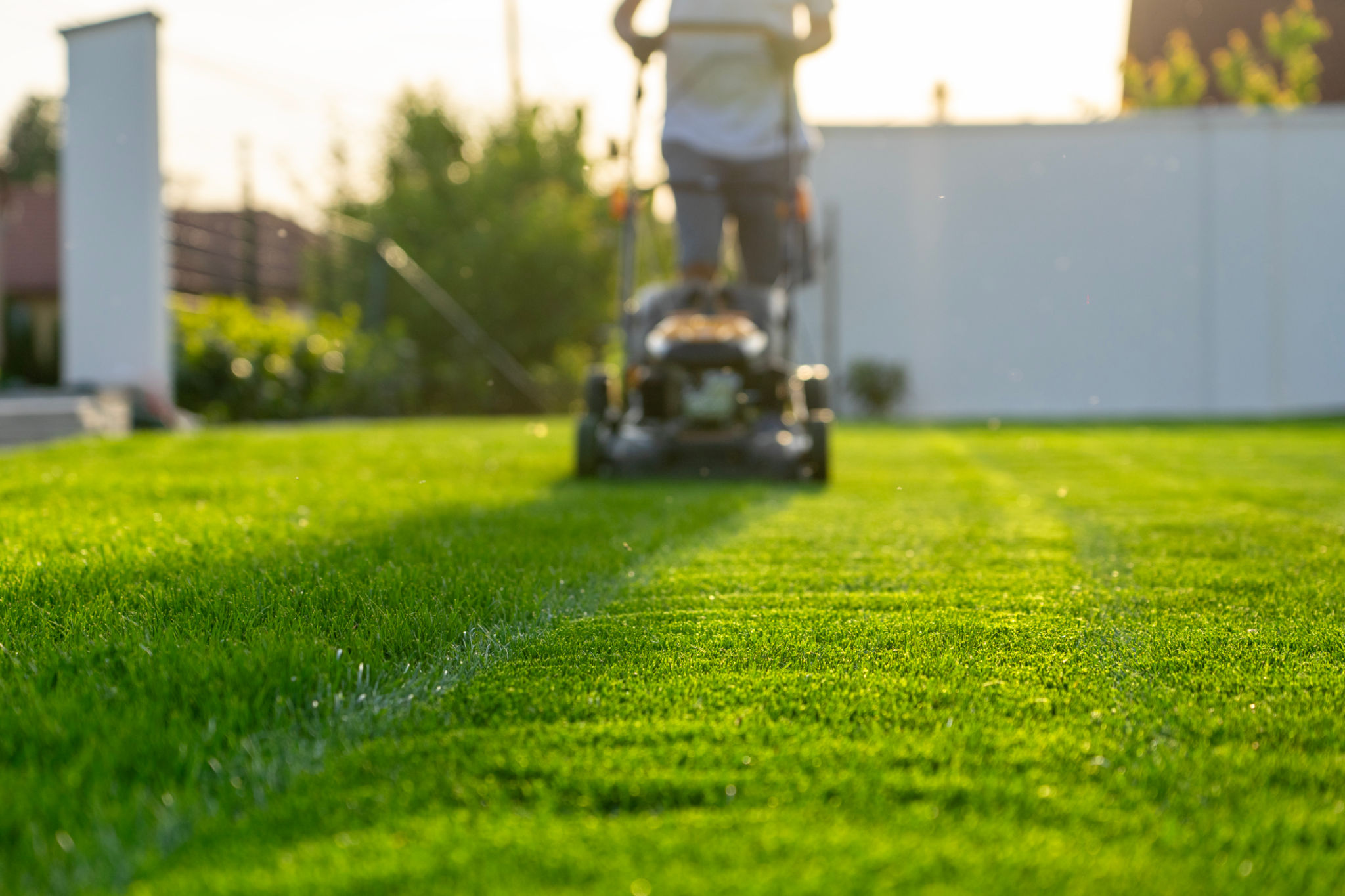DIY Lawn Care Tips: When to Call in the Professionals
Understanding the Basics of DIY Lawn Care
Maintaining a lush, green lawn is a point of pride for many homeowners. For those who enjoy the satisfaction of personal achievement, taking care of your lawn can be a rewarding DIY project. Basic tasks like mowing, watering, and fertilizing can often be managed with some research and dedication. However, there are times when calling in a professional might be the best decision for your lawn's health.

When DIY Lawn Care is Effective
Starting with the basics, regular mowing is essential to keeping your lawn healthy and aesthetically pleasing. Ensure that you keep your mower blades sharp and adjust the height according to the season. Additionally, establishing a consistent watering schedule can make a significant difference in maintaining lush greenery. It's important to water deeply but infrequently to encourage deep root growth.
Fertilizing is another area where DIY can be effective. By understanding your lawn's specific needs, you can choose the right type of fertilizer and apply it at the appropriate times of year. Keep in mind that over-fertilizing can lead to more harm than good, so follow recommended guidelines carefully.
Recognizing Signs of Trouble
Inevitably, there may come a time when your lawn starts showing signs of stress that basic DIY methods can't resolve. Issues such as persistent brown spots, patches of dead grass, and rampant weed growth are indications that something is amiss. While these problems might initially seem manageable, they could be symptomatic of underlying issues like soil compaction or pest infestations.

When to Seek Professional Help
If your lawn is not responding to basic care and the problems persist, it might be time to call in the professionals. Lawn care experts can diagnose issues quickly and accurately, which can save you time and effort in the long run. They have access to specialized equipment and products that aren't always available to the average homeowner.
- Pest Infestation: If you notice signs of insect damage or suspect an infestation, professional treatment may be necessary to prevent further damage.
- Soil Issues: Compacted soil or incorrect pH levels might require professional-grade aeration or soil amendments.
- Disease Management: Fungal diseases can spread rapidly if not addressed with proper fungicides and treatments.
The Benefits of Professional Lawn Care
Professional lawn care services often provide more than just solutions to problems. They offer ongoing maintenance plans that include regular treatments tailored to your lawn's specific needs. This proactive approach helps prevent issues before they become significant problems.

Cost Considerations
While some homeowners may hesitate due to cost concerns, it's essential to weigh the long-term benefits of professional intervention against potential DIY failures. Attempting to fix complex issues on your own can sometimes exacerbate problems, leading to more expensive repairs down the line.
In conclusion, while DIY lawn care can be effective for basic maintenance, knowing when to call in the professionals is crucial for more severe issues. By balancing personal efforts with expert assistance, you can ensure your lawn remains healthy and beautiful throughout the year.
